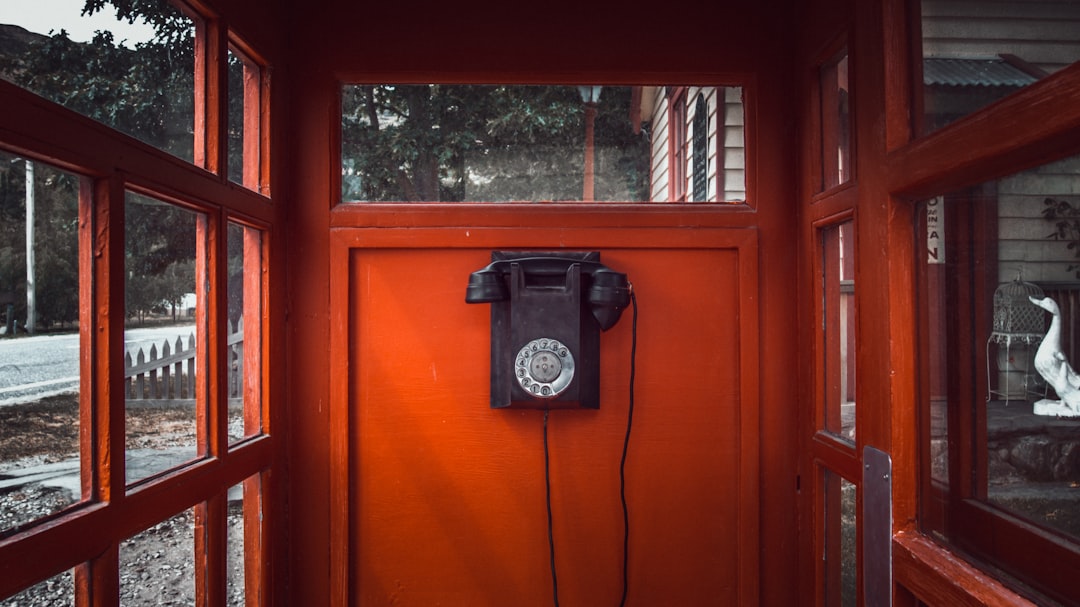Robocalls, or automated phone calls, are a growing issue nationwide, including Kentucky, where they can be both a nuisance and a legal concern. The Telephone Consumer Protection Act (TCPA) allows consumers to sue for damages caused by unwanted robocalls. Kentuckians can file complaints with the FTC, register their numbers on the National Do Not Call Registry, and consult attorneys specializing in consumer protection law if significantly harmed. By understanding state laws and taking preventive measures like blocking calls and being cautious of unknown numbers, individuals can protect themselves from illegal robocalls and contribute to a safer communication environment for all.
In today’s digital age, robocalls have become a pervasive nuisance in Kentucky, as across the nation. What are these automated calls, and how widespread is their impact? This article delves into the growing problem of robocalls in Kentucky, exploring legal rights and options available to residents. We provide effective strategies to combat robocalls and guide you on taking action, including understanding if you have the right to sue for robocalls in Kentucky.
What Are Robocalls and How Prevalent Are They in Kentucky?

Robocalls, short for robotic calls, are automated telephone calls that use advanced technology to dial and deliver pre-recorded or live messages to a large number of recipients simultaneously. They have become increasingly common in Kentucky, like many other states, with businesses and organizations utilizing this method for marketing, debt collection, political campaigning, and more. The prevalence of robocalls has sparked concerns among residents about privacy invasion and the potential for fraud.
In Kentucky, as across the nation, these automated calls can be a nuisance, but they also raise legal questions. One significant issue is whether individuals can sue for robocalls in Kentucky. According to the Telephone Consumer Protection Act (TCPA), federal law that regulates telemarketing practices, there are provisions allowing consumers to take legal action against companies making unwanted or abusive calls. This includes the potential for damages and injunctive relief, providing a means for residents to protect their rights and seek compensation if they’ve been harmed by intrusive robocalls.
Legal Rights and Options When Dealing with Unwanted Robocalls

In Kentucky, as in many other states, there are laws in place to protect residents from unwanted robocalls. The Telephone Consumer Protection Act (TCPA) provides several legal rights and options for those plagued by these automated calls. If you’ve received a robocall, you have the right to file a complaint with the Federal Trade Commission (FTC), which can take action against violators. You can also register your number on the National Do Not Call Registry, which can prevent future automated calls from marketing purposes.
If a robocall is particularly intrusive or causes significant harm, such as leading to emotional distress or financial loss, you may have grounds to sue for damages under the TCPA. Consulting with an attorney specializing in consumer protection law can help you understand your rights and explore potential legal options, including seeking compensation for each unauthorized call received. Remember, taking action against robocallers not only protects you but also contributes to a safer and less intrusive communications environment for all Kentuckians.
Effective Strategies to Stop Robocalls and Take Action Against Them

Robocalls can be a persistent and invasive issue, but there are effective strategies to combat them. One of the first steps is to understand that while many automated calls are legal for marketing purposes, unsolicited or prerecorded messages are not always compliant with state laws. Kentucky has specific regulations regarding robocalls, and consumers have rights. If you’ve received unwanted robocalls, document the callers’ information—phone number, call times, and any recorded messages. This evidence can be crucial if you decide to take legal action.
To Stop Robocalls, consider registering your phone number on the National Do Not Call Registry. While this doesn’t guarantee a complete stop, it’s a first step in preventing unwanted calls. Additionally, many mobile carriers offer call-blocking features or apps that can help filter out suspicious or spammy numbers. Using call-identifying apps and being cautious of unknown numbers before answering are also practical measures. If you suspect illegal robocalls, consider consulting with an attorney to explore options, including potential legal action, such as filing a lawsuit for robocalls in Kentucky.






